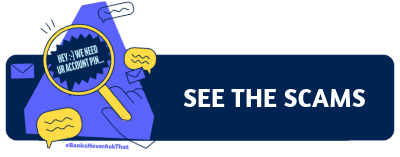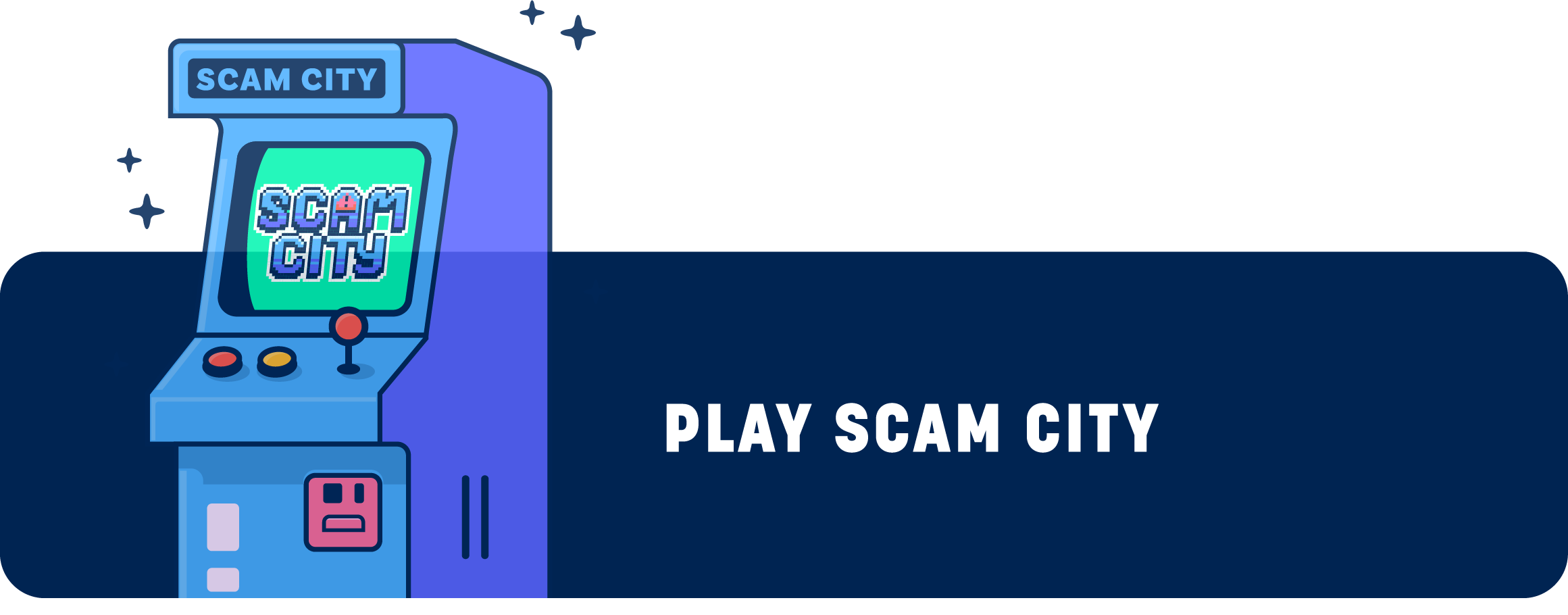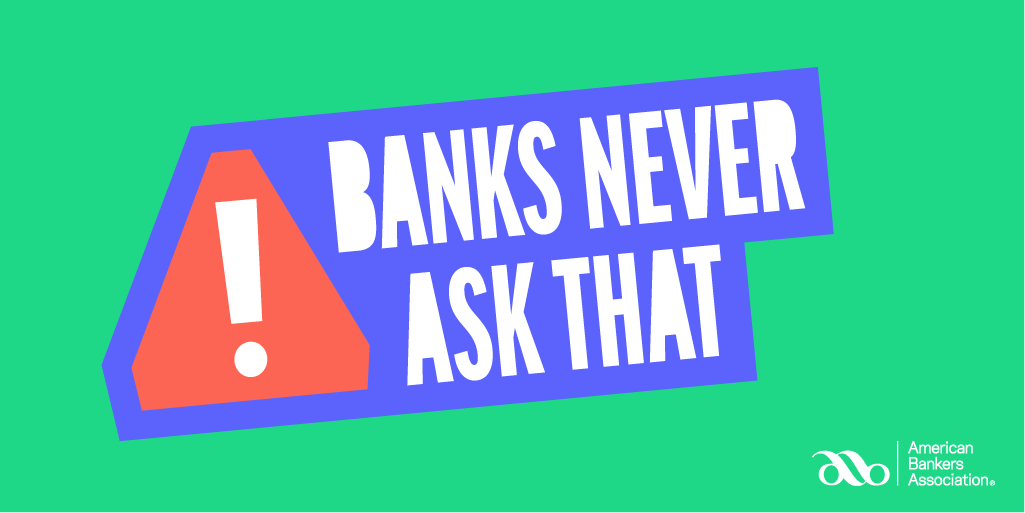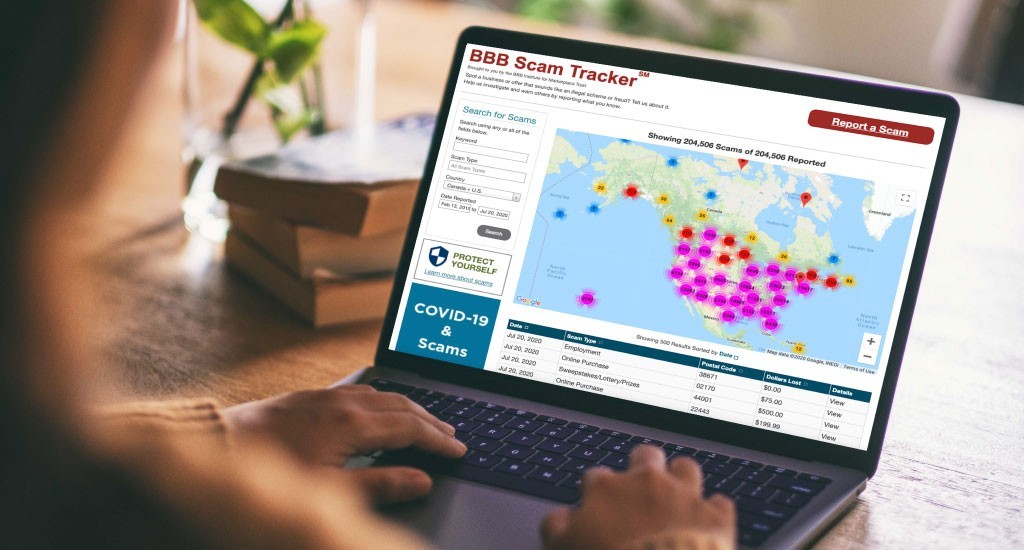- Home
- Security Center
- Fraud Prevention
BANKS NEVER ASK THAT
Fraud Prevention Information
Every day, thousands of people fall victim to fraudulent emails, texts, and calls from scammers pretending to be their bank. Together with American Bankers Association (ABA), Planters First Bank is working to change that by raising awareness within our communities to prevent fraud.
See the Scams
See how red flags appear in real-life phishing scams.
Play Scam City
Danger lurks around every corner. Play your way to phishing safety by dodging, jumping, and ducking different scams.
Watch the Videos
Don't trash your cash. Know what banks never ask.
Fraud Prevention Information
Your personal information is a valuable commodity. It’s not only the key to your financial identity, but also to your online identity. Knowing how to protect your information — and your identity — is a must in the 21st century. Here are some helpful article links from the Federal Trade Commission.
Watch for these red flags. Banks would never ask for them.
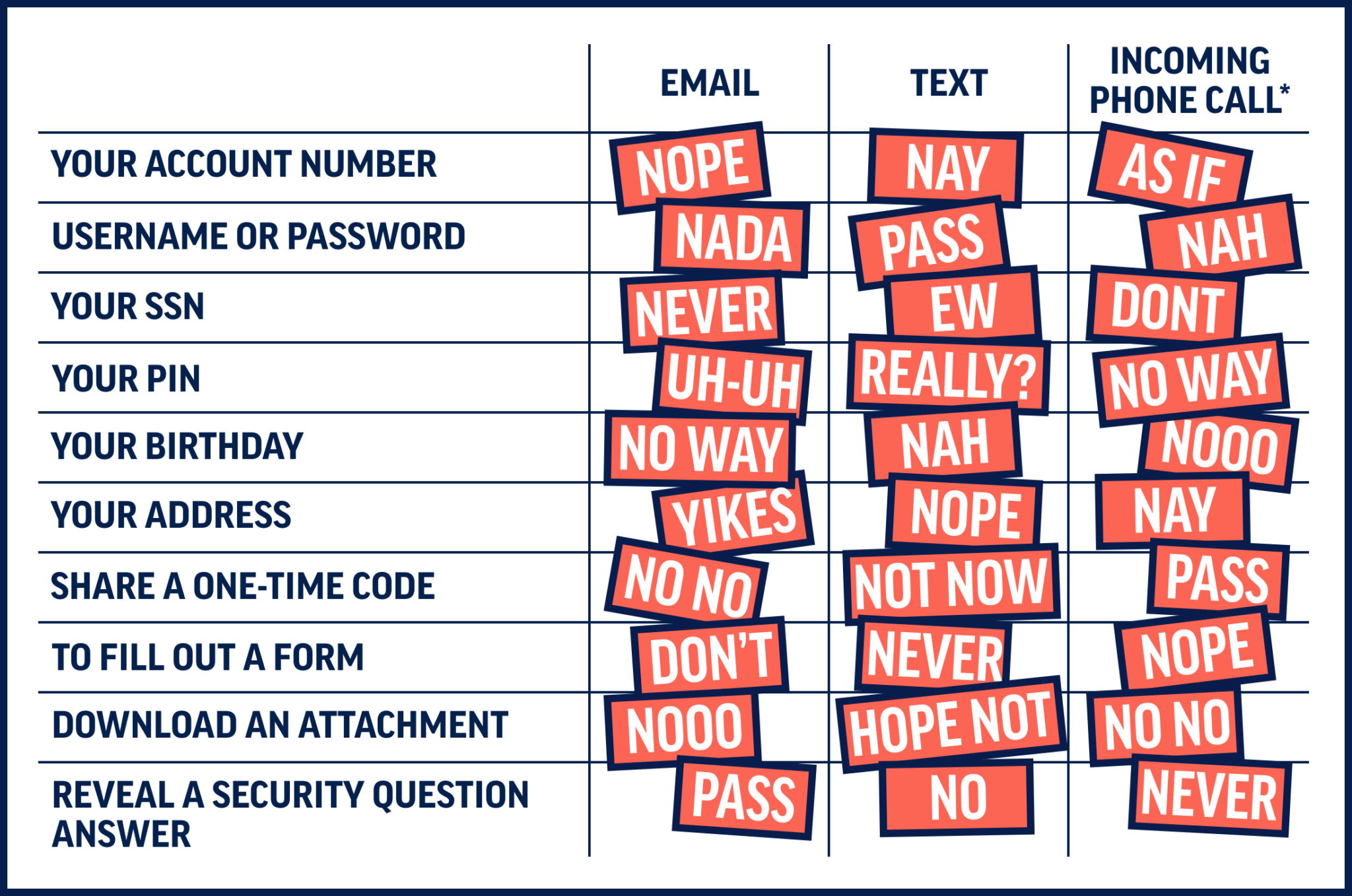
If you receive an email, text, or phone call for any of this, it’s a definite red flag. It’s better to be safe than sorry. End the call, delete the text, and trash the email, because banks never ask that!
*Note: You may be asked to verify confidential information if you call your bank, but rarely the other way around. If you’re ever in doubt that a bank call is legitimate, or if a caller pressures you to stay on the line and provide bank information right away or something bad will happen, it is a scam. Hang up and call the number on the back of your card to talk to a real bank employee.
Stay safe from scams with these tips (PDF)
What to do if you receive a scam email, call, or text.
If you suspect that an email or text you receive is a phishing attempt:
- Take a deep breath. In most cases, it’s perfectly safe to open a scam email or text. Modern mail apps, like Gmail, detect and block any code or malware from running when you open an email. The key is not to click links, or download any attachments.
- Do not download any attachments in the message. Attachments may contain malware such as viruses, worms or spyware.
- Do not click links that appear in the message. Links in phishing messages direct you to fraudulent websites.
- Do not reply to the sender. Ignore any requests from the sender and do not call any phone numbers provided in the message.
- Report it. Help fight scammers by reporting them to the BBB Scam Tracker.
If you receive a phone call that seems to be a phishing attempt:
- Hang up or end the call. Be aware that area codes can be misleading. If your Caller ID displays a local area code, this does not guarantee that the caller is local.
- Do not respond to the caller’s requests. Financial institutions and legitimate companies will never call you to request your personal information. Never give personal information to the incoming caller.
- If you feel you’ve been the victim of a scam, did provide personal or financial information, contact your bank immediately at their publicly listed customer service number. Often, this is found on the back of your bank card. Be sure to include any relevant details, such as whether the suspicious caller attempted to impersonate your bank and whether any personal or financial information was provided to the suspicious caller.
